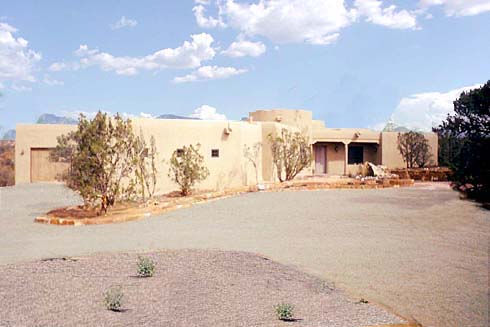RESTRICTIVE COVENANT
Understanding Restrictive Covenants in Real Estate
In the realm of real estate, restrictive covenants represent a crucial aspect of property law, exerting a profound influence on the rights and obligations of property owners. These legally binding agreements, often embedded within deeds or associated documentation, serve to delineate specific limitations on the use and development of a property. By imposing constraints on various aspects of property ownership, restrictive covenants play a pivotal role in shaping the character, functionality, and long-term dynamics of real estate assets and communities.
Nature and Scope of Restrictive Covenants
Restrictive covenants encompass a diverse array of limitations that can encompass an extensive array of elements such as architectural guidelines, land use restrictions, and regulations regarding property maintenance. These covenants are meticulously crafted to align with the overarching vision for a given development or community, aiming to preserve its distinctive character, uphold property values, and foster a harmonious and cohesive living environment.
Impact on Property Rights and Development
For property owners, restrictive covenants entail a set of constraints that govern their ability to modify, develop, or utilize their properties. While these limitations may at times appear to curtail autonomy, they are instrumental in safeguarding the integrity and desirability of a locale, thereby contributing to the preservation of property values and the overall appeal of real estate assets.
Compliance and Enforcement
Compliance with restrictive covenants is vital for property owners, as failure to adhere to these limitations can result in legal ramifications. Additionally, these covenants are typically enforceable by homeowners' associations, property developers, or other entities vested with the authority to oversee adherence to the established guidelines.
Conclusion
In the intricate tapestry of real estate law, restrictive covenants stand as a fundamental mechanism for preserving the character, functionality, and aesthetic appeal of properties and communities. By delineating clear parameters for property use and development, these covenants serve as a cornerstone of responsible land stewardship, contributing to the creation of vibrant and enduring built environments. Understanding the implications of restrictive covenants is indispensable for all stakeholders in the real estate realm, underpinning the sustainable and responsible utilization of land resources while fostering the creation of cohesive and thriving communities.
In the intricate tapestry of real estate law, restrictive covenants stand as a fundamental mechanism for preserving the character, functionality, and aesthetic appeal of properties and communities. By delineating clear parameters for property use and development, these covenants serve as a cornerstone of responsible land stewardship, contributing to the creation of vibrant and enduring built environments. Understanding the implications of restrictive covenants is indispensable for all stakeholders in the real estate realm, underpinning the sustainable and responsible utilization of land resources while fostering the creation of cohesive and thriving communities.
MORE REAL ESTATE TERMS
A, B, C, D, E, F, G, H, I, J, K, L, M, N, O, P, Q, R, S, T, U, V, W, X, Y, Z
Featured New Home

Featured Mortgage Brokers
- HIGH TECH LENDING INC, CITRUS HEIGHTS, CA
7777 GREENBACK LN STE 210
CITRUS HEIGHTS, CA 95610 - MANN MORTGAGE LLC, LEWISTON, ID
247 THAIN RD STE 104
LEWISTON, ID 83501 - MOVEMENT MORTGAGE LLC, FREDERICKSBURG, VA
4920 SOUTHPOINT DR
FREDERICKSBURG, VA 22407 - MCCUE MORTGAGE COMPANY, NEW BRITAIN, CT
1 LIBERTY SQ
NEW BRITAIN, CT 6051 - SYNOVUS MORTGAGE CORP, ROSWELL, GA
10446 ALPHARETTA ST
ROSWELL, GA 30075